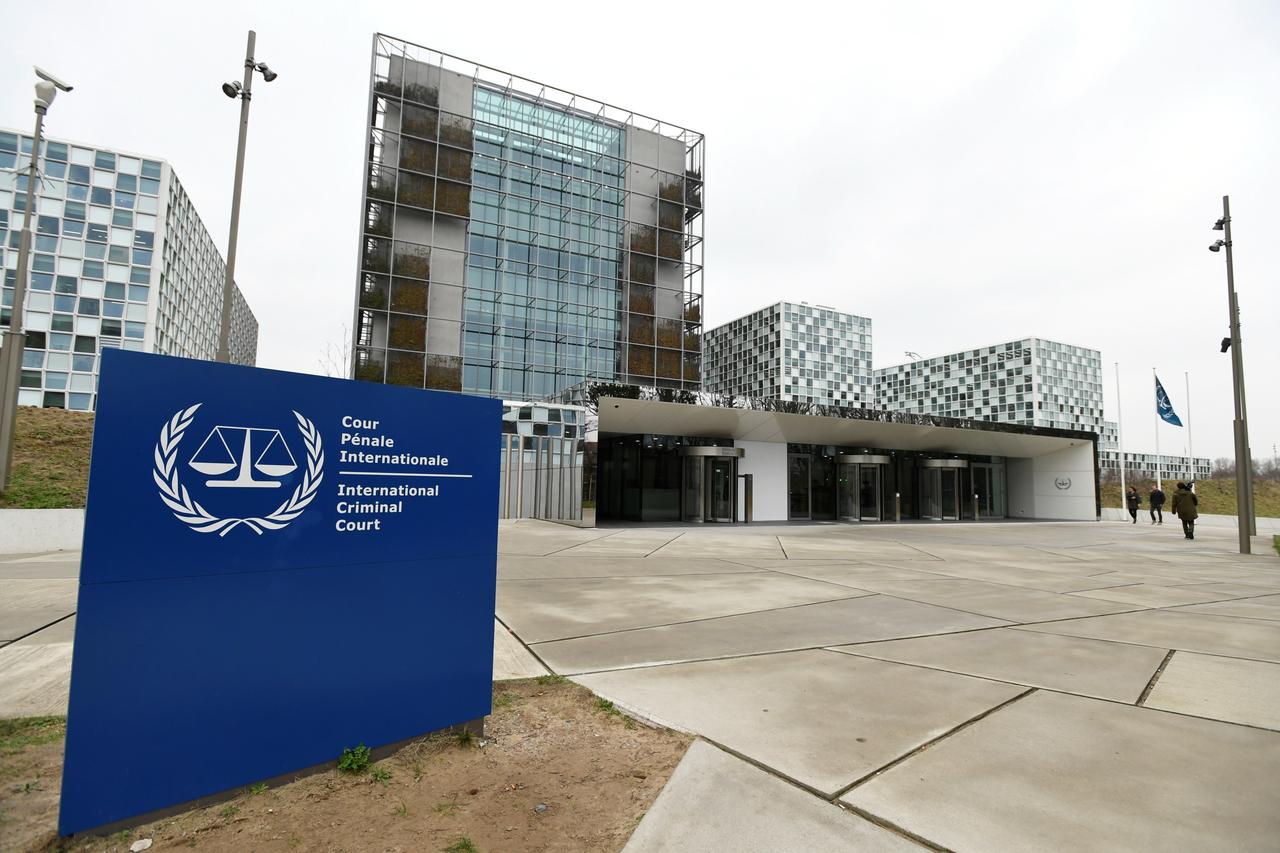The contradictions of a dying and delegitimised body with political features
by Glauco D’Agostino

President Putin’s indictment before the International Criminal Court is not news. Let it be clear the legitimacy of a body established for international politics is not called into question, as it is always politics and rarely has to do with justice. The simple indictment notice was intended to weaken the political position and reputation of the “indicted” vis-à-vis international public opinion. So, if that were the case, a political action that does not suit the figure of honourable magistrates up to their delicate task of administering the law because they would become mere executors of other-directed political directives. The very nature of this hybrid body roots in the political work of the Nuremberg and Tokyo trials, where the victors humiliated the defeated through a political tribunal that pretended to be an organ of justice.
Therefore, “vae victis!” Even the International Criminal Court risks proving to be a political instrument for punishing the defeated. The losers, indeed. As it was for the special court which sentenced Milošević at the end of the Balkan war after the political dissolution of the former Yugoslavia. The attempt to predetermine the fate of a conflict such as the one in Ukraine through judicial actions could be comparable to a political misdeed, which in this case, should be sanctioned with individual penalties of a political nature.
It is a joke, it was said, since, in the specific case, neither Russia nor Ukraine is a “State Party” to the International Criminal Court. Therefore, there could be a lack of jurisdiction. Codicillas and exceptions can always be invoked without any of the mandatory States daring to oppose them. Human rights are at stake, and, as we know, some and not others are the owners of them. But, beyond any legal disquisitions, it could simply mean that resisting external political pressures is difficult. Impartiality is one of the cornerstones of the “rule of law,” which underpins all the E.U. fundamental charters. And all the Member States of the E.U have been signatories to the 1998 Rome Statute that established the ICC. All could now be accomplices in this political rather than judicial act.
When will the dissolution be of this dying, delegitimised and politically-looking body? It is dying because the political situation is no longer the same as the period in which the notorious Rome Statute was signed. It seemed that Europe, once the Communism nightmare had been eliminated, had become the World and could interpret principles through the judiciary’s instrumental use, for Putin was not yet in office. The ICC seems to have embarked on a road of no return. It is delegitimised since it appears to have gradually lost its task of administering the law: it was careful not to open investigations into war crimes and offences against humanity during the season of terrorism. But as well on those perpetrated by the U.S. and the other allied invaders during Iraq and Afghanistan wars and by Israel in Palestine. Yet, among others, the U.S., China, Russia, India, Turkey and Israel have not joined or ratified the Rome Statute. To whom do the political rulings of the ICC apply if the international community is out of it? Its sentences seem to be effective only against the derelict. Does anyone notice propaganda is not suitable for courtrooms?

Today, President Xi Jinping is in Moscow to give the Chinese people solidarity with “dear friend” Putin. Nothing new. Even the Italian Berlusconi makes no secret of it, whatever the Farnesina may say. A few days after the Tsar indictment (think who can indict a Tsar!), the Celestial Empire successor gives solidarity with the Russian President with univocal words “China and Russia are each other a biggest neighbour and comprehensive strategic partner of coordination … China and Russia are firmly committed to safeguarding the UN-centered international system, the international order underpinned by international law, and the basic norms of international relations based on the purposes and principles of the UN Charter.”
Reference to the U.N. reminds all rights activists that the supervisory body is the U.N. The ICC is not a U.N. body, which instead avails of the International Court of Justice, based in The Hague. Often speaking of the Court of The Hague, someone surreptitiously implies the ICC, which, coincidentally, is based in The Hague a few steps away from the ICJ. Again, nothing new. It is called a political message.
From it, the reassuring message the ICC sends to public opinion (it seems to be its preferred interlocutor) is that Putin is a loser, indeed that it is precisely the indictment that causes and anticipates his downfall. The political message is as evident as it is inaccurate. Today’s meeting in Moscow witnessed this, even if it was unnecessary for those who deal with the matter. “Safeguarding the international order underpinned by international law” means relying on the U.N. and its Security Council. But the ICC, which should seek authorisation from the U.N. Security Council to act outside its jurisdiction, neglects that the two dinner guests in the Kremlin hold the veto for any resolution appreciated to Rome, Brussels and even Washington. It does not look so much like a loser situation. The ICC come to terms with it.
Ultimately, one of two: either the Court in The Hague (oops!) International Criminal Court in The Hague captures Putin, demonstrating it has the strength to execute its mandate, or the international community strives to dissolve an ineffective body!


